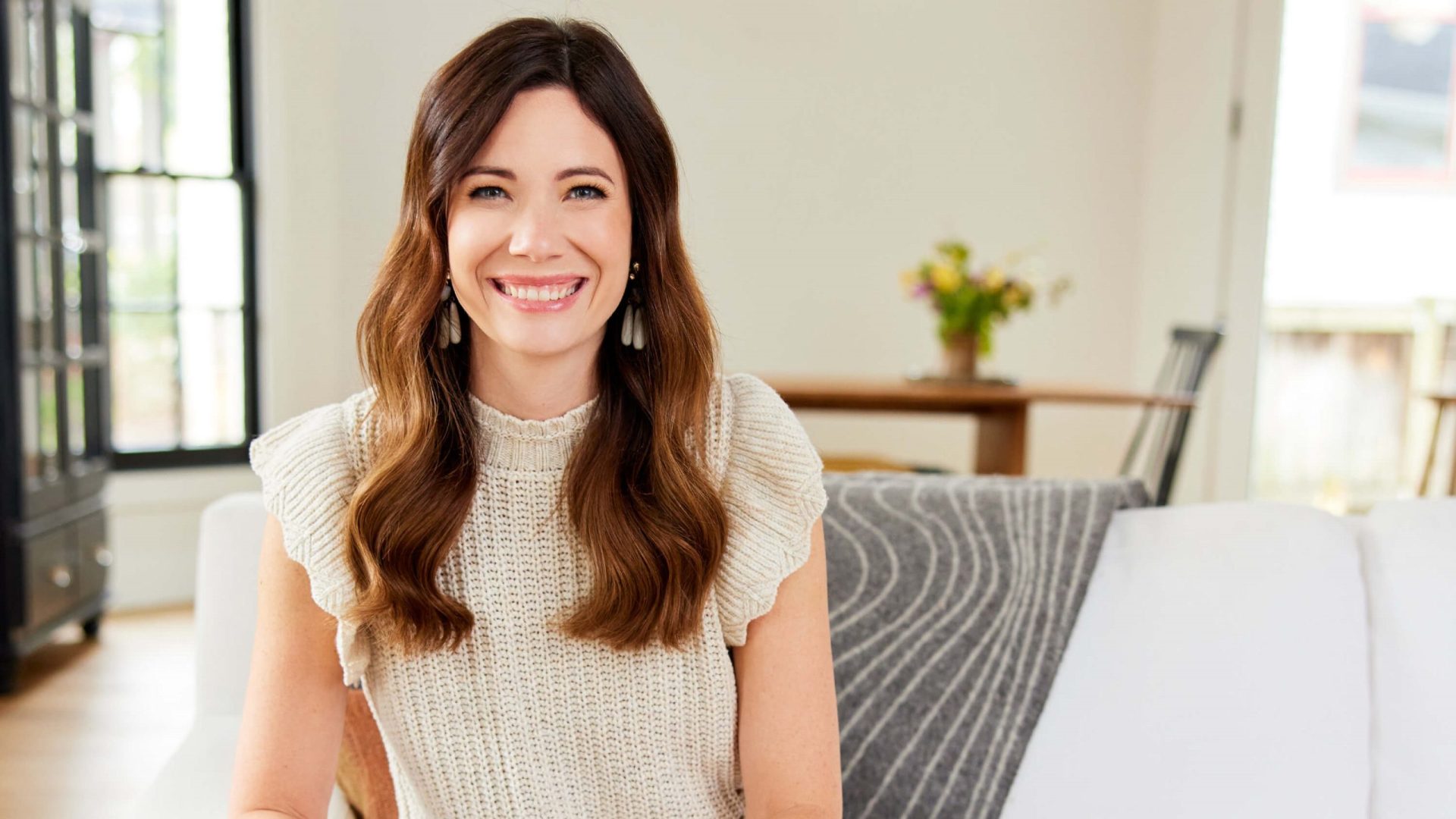
When you’re trying to reach financial goals, understanding how you spend your money by making a budget is often the first step. But is budgeting really necessary?
Check Out: 8 Frugal Habits Americans Are Ridiculed for — and Why You Shouldn’t Care
Read Next: 8 Common Mistakes Retirees Make With Their Social Security Checks
In a recent YouTube video, personal finance influencer Rachel Cruze did an experiment where she went two weeks without budgeting to see what would happen. She shared her insights on the experience, and the lessons from her video may help you in your own personal finance journey. Here are the five things that happened when Cruze stopped budgeting for two weeks.
Overspending on Food
As of 2024, the average U.S. consumer spends 10.6% of their disposable income on food.
Groceries are a necessity, so it’s no surprise that food makes up a considerable portion of the average person’s spending. It’s also very easy to spend more than you intend to on food, especially when eating at restaurants or using food delivery services. That overspending on food is exactly what Cruze experienced when she stopped budgeting for two weeks.
“When I was just trying to live without a budget, of course, our grocery category ended up going crazy high. I didn’t realize it,” she said.
Part of what drove up her grocery spending was using Instacart, a grocery delivery service, a few times when she usually doesn’t. Her mentality without a budget was, “I’m not going to worry about it. I’m just going to do it because it’s convenient, and I’m not going to think about the money.”
Find Out: 9 Downsizing Tips for the Middle Class To Save on Monthly Expenses
Stressing About Money
Cruze also found that her stress level regarding money “skyrocketed” without a budget. She was constantly concerned about whether she had enough money for the purchases she wanted to make.
It’s no surprise. About three-quarters of Americans report being “financially stressed,” and not knowing how much they can afford to spend plays a significant role in that stress.
When you have a budget, you have already decided how much you want to spend in each category. You can just track your spending with a budgeting app and see at a glance whether a new purchase would fit within your budget limits.
Underspending in Certain Categories
On the flip side, Cruze also found that she underspent in some categories because she was “paranoid about losing control in certain areas.”
She usually has a specific amount of money set aside in her monthly budget for fun shopping, for example, and has no problem spending within that limit. However, without a budget, she didn’t know how much money she had left after purchasing necessities.
While underspending might not sound like a problem, she felt like operating without a budget created this lack of “freedom and this permission to enjoy [her] money.” Setting a budget, including some discretionary spending, is a great way to maximize the value you get out of your money while staying on track with your long-term financial goals.
Realizing Your Budgeting App Habit
Many people who budget do so with budgeting apps on their smartphones or other mobile devices. Since the devices are almost always nearby, it’s easy and convenient to check on your budget whenever you need to.
Cruze noted that not budgeting for two weeks made her realize how much of a habit she had made of using her budgeting app, EveryDollar. She said, “I found myself opening EveryDollar during this experiment because I open that app almost every day to track transactions and to look at our money.”
So, if creating and sticking to a budget seems like too big a mountain to climb, understand that it doesn’t need to be a monumental task. Instead, you can just keep checking in on your budgeting app until it becomes a habit.
Difficulty Getting Back on Track
Once you get the ball rolling, budgeting can be easier than it seems. However, Cruze found that it was “hard to jump back in and get back on track” after two weeks of not budgeting.
There were lots of transactions she hadn’t tracked during the experiment, and things didn’t match up the way she wanted. It took some extra time to get everything back on track.
“When a budget becomes part of your rhythm, you don’t think about it. It’s just part of how you do things. But if you don’t do it for a long time, it does take more effort to get back in,” she said.
More From GOBankingRates
- New Law Could Make Electricity Bills Skyrocket in These 4 States
- I'm an Economist: Here's When Tariff Price Hikes Will Start Hitting Your Wallet
- 5 Strategies High-Net-Worth Families Use To Build Generational Wealth
- 6 Hybrid Vehicles To Stay Away From in Retirement
This article originally appeared on GOBankingRates.com: Rachel Cruze’s No Budget Experiment: Here’s What Happened







